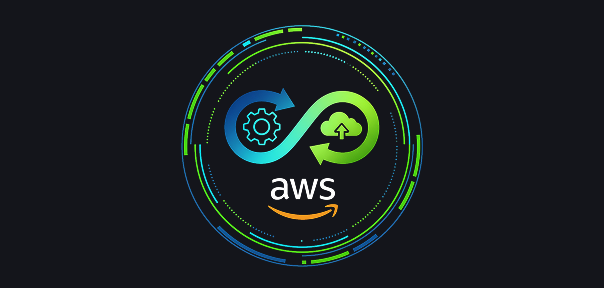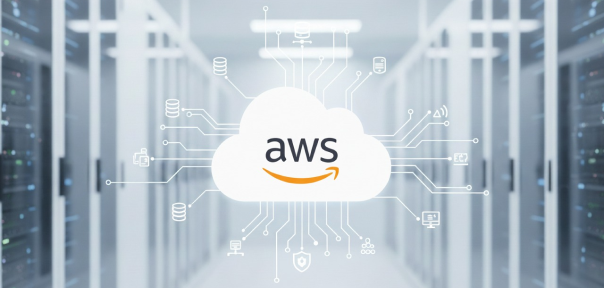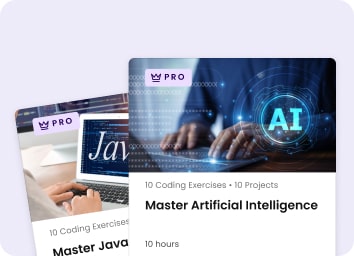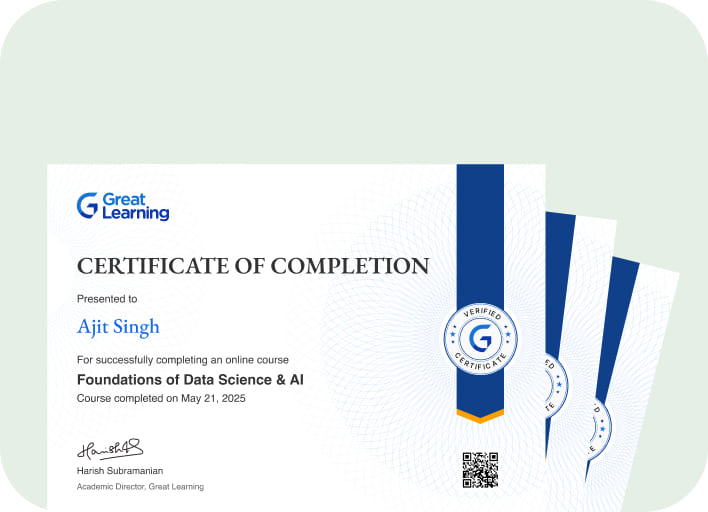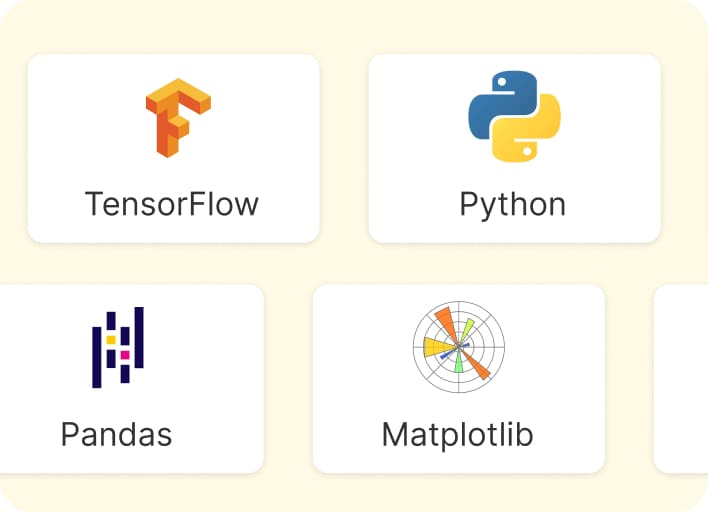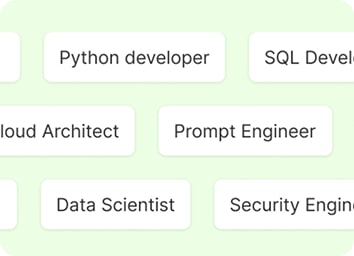Free DevOps Course in Hindi
DevOps Tutorial in Hindi
Increase deliverability of services & applications at your organization. Learn DevOps in Hindi
Instructor:
Mr. Ramendra TripathiAbout this course
DevOps can be understood as a collection of tools, practices, and philosophies which is used in an organization to increase its efficiency and effectiveness. It is used to enhance the ability of an organization to deliver services and applications at a faster pace. In this DevOps tutorial, you will start with all the fundamentals of DevOps, like what it is, why it is used, its phases, etc. Later, this free Hindi DevOps Tutorial for beginners will start with Version Control with Git, Containerization using Docker, and Continuous Integration using Jenkins. Next, it covers all the essential ideas and tools, which will give you a head start in this trending field.
Great Learning provides you with numerous Post Graduate Programs in the field of Cloud Computing. You can enroll in our Online Cloud Computing Course, which is the #1 ranked course in India. After course completion, earn a Postgraduate Certificate in the top-rated Cloud Computing online course from Great Lakes Executive Learning. Our main objective is to qualify our learners with all the essentials they require to succeed in their careers, which results in 8000+ successful career transitions.
Course outline
Why DevOps?
DevOps is very helpful for efficient software development processes. This module discusses the purpose of DevOps in software development and explains the waterfall model and new methodologies.
What is DevOps ?
DevOps is an evolving set of practices and tools that aim to speed up the software development lifecycle while improving the quality of the software delivered to end users. This module helps you to understand DevOps from scratch.
DevOps Phases
Several DevOps phases make software development more efficient, and this module introduces you to these phases.
Who is a DevOps Engineer?
This module helps you understand the role of a DevOps engineer and discusses the skills required to become one.
What is version Control?
Version control is a process that records changes made to a file or set of files over time so that you can later recall specific versions. This module explains version control in detail.
What is Git?
Git is a distributed version control type used for software development and other version control tasks. This module helps you comprehend Git and the lifecycle of the code within Git.
Installing Git
This module contains a demo on installing and configuring Git on various operating systems like Windows, Linux, and MacOS.
Git Common Commands
In this module, we’ll be understanding some of the common Git commands using the Windows version.
What is Docker?
Docker is a containerization platform that helps you easily package, deploy, and run applications by creating portable, self-sufficient containers. This module explains Docker in detail.
Docker Installation
This module contains a demo on installing and configuring Docker on your operating system.
Docker Environment
In this module, you will discuss the features that build the docker environment. You will learn about the docker engine, objects, registry, compose and swarm.
Docker Common Commands
In order to help you get familiarized with Docker, this module addresses the basic commands to get started with Docker.
What is Jenkins?
In this module, you will learn an integral part of DevOps, a continuous integration tool. You will also understand continuous integration, its need, and about Jenkins.
Jenkins Installation
This module contains a hands-on session on installing and setting up Jenkins on your system.
Get access to the complete curriculum once you enroll in the course
What our learners enjoyed the most
Skill & tools
77% of learners found all the desired skills & tools
Our course instructor

Mr. Ramendra Tripathi
Frequently Asked Questions
Will I receive a certificate upon completing this free course?
Is this course free?
Will I get a certificate after completing this DevOps Tutorial in Hindi?
Yes, you will get a certificate of completion for DevOps Tutorial in Hindi after completing all the modules and cracking the assessment. The assessment tests your knowledge of the subject and badges your skills.
How much does this DevOps Tutorial in Hindi cost?
It is an entirely free Tutorial from Great Learning Academy. Anyone interested in learning the basics of DevOps Tutorial in Hindi can get started with this Tutorial.
Is there any limit on how many times I can take this free Tutorial?
Once you enroll in the DevOps Tutorial in Hindi, you have lifetime access to it. So, you can log in anytime and learn it for free online.
Can I sign up for multiple Tutorials from Great Learning Academy at the same time?
Yes, you can enroll in as many Tutorials as you want from Great Learning Academy. There is no limit to the number of Tutorials you can enroll in at once, but since the Tutorials offered by Great Learning Academy are free, we suggest you learn one by one to get the best out of the subject.
Why choose Great Learning Academy for this free DevOps Tutorial in Hindi?
Great Learning Academy provides this DevOps Tutorial in Hindi for free online. The Tutorial is self-paced and helps you understand various topics that fall under the subject with solved problems and demonstrated examples. The Tutorial is carefully designed, keeping in mind to cater to both beginners and professionals, and is delivered by subject experts. Great Learning is a global ed-tech platform dedicated to developing competent professionals. Great Learning Academy is an initiative by Great Learning that offers in-demand free online Tutorials to help people advance in their jobs. More than 5 million learners from 140 countries have benefited from Great Learning Academy's free online Tutorials with certificates. It is a one-stop place for all of a learner's goals.
What are the steps to enroll in this DevOps Tutorial in Hindi?
Enrolling in any of the Great Learning Academy’s Tutorials is just one step process. Sign-up for the Tutorial, you are interested in learning through your E-mail ID and start learning them for free online.
Will I have lifetime access to this free DevOps Tutorial in Hindi?
Yes, once you enroll in the Tutorial, you will have lifetime access, where you can log in and learn whenever you want to.
How do you learn DevOps step by step?
Step-1: First, you must understand the DevOps definition. Most people confuse DevOps to be a tool or a technology. This is absolutely false. DevOps is a software development strategy that helps organizations to improve the performance, productivity, and efficiency of their products and services.
Step-2: Next, you must learn and become proficient with any programming language, like Python, Java, R, etc.
Step-3: Should be thorough with operating systems concepts, such as kernel management, memory management, I/O, threads, virtualization, containerization, DFS, etc.
Step-4: Followed by, you must learn how to configure your machine to automate your processes. Commonly used web servers include Nginx, Apache, and Tomcat.
Step-5: The next step is to learn Infrastructure as Code (IaC), which is used to manage resources through code rather than manual processes.
Step-6: Learning about CI/CD tools, like Git, Jenkins, etc.
Step-7: Learn how to monitor software using monitoring tools, like Nagios.
Step-8: You must understand the concepts of cloud computing by learning through some cloud tutorials, such as AWS, GCP, or Azure DevOps tutorials.
Why is DevOps used?
- Without DevOps, the development team and the operations team would work in complete isolation, thereby affecting the productivity
- Manual code deployment could lead to human error in production. DevOps helps in automating the deployment process
- As online business is booming, most companies use software to improve the productivity of their business processes, where DevOps helps in automating these processes
There are numerous other reasons why DevOps matters in the software development process.
Does DevOps require coding?
Yes, some DevOps services require coding. It depends on the tools you use for example:
-
Shell Scripting for Jenkins job
-
Ruby or Python for configuration management tools like Chef or Puppet
Which languages are required for DevOps?
-
Python
-
Bash Scripting
-
JavaScript
-
Ruby
-
Java
-
Go
-
SQL
-
Scala
-
PERL
Is Python required for DevOps?
Not mandatory but highly recommended. Python has a simple syntax with numerous libraries. As a result, the language is relatively easy to understand and has more flexibility and accessibility compared to many other programming languages.
In DevOps, Python is used for building cloud infrastructure projects, such as OpenStack. In addition, Python provides support for many web frameworks, like Django.
Python helps in the implementation of CI/CD processes using several DevOps tools, such as Chef, Jenkins, Ansible, and Puppet.
What skills do you need for DevOps?
The following are the skills needed for a DevOps professional :
Collaboration and Communication Skills
As DevOps bridges the gap between development and operations, communication and collaboration skills are highly essential for a DevOps engineer.
Familiarity with DevOps Tools
A DevOps engineer must be familiar with the following skills:
-
Planning strategies - Jira
-
Version Control for coding - Git
-
Building - Gradle, Maven, and Apache Ant
-
Testing - JUnit
-
Continuous Integration - Jenkins
-
Configuration Management - Ansible, Chef, Puppet, etc.
-
Containerization - Docker and Kubernetes
-
Deployment - GoCD, AWS CodeDeploy, TravisCI
-
Infrastructure as Code (IaC)
-
Continuous Monitoring - Nagios, Splunk, etc.
Microservices
Microservices is an architectural approach, which helps in building and structuring an application as a collection of small services, facilitating faster and more efficient delivery of complex applications.
Programming Skills
One must be proficient in some programming languages, such as Python, Ruby, Java, JavaScript, SQL, Bash scripting, etc. They help in writing code and identifying and resolving bugs in the production environment.
Collaboration with QA Teams
A DevOps engineer must always be in touch with QA teams during the manual and automated testing processes.
Continuous Learning
A DevOps engineer must build a growth mindset. They must integrate their learnings into the processes, constantly improve customer satisfaction, and promote innovation and market adaptability. Thus, DevOps is a journey having continual growth.

 4.57
4.57













 (1).jpg)
.jpg)
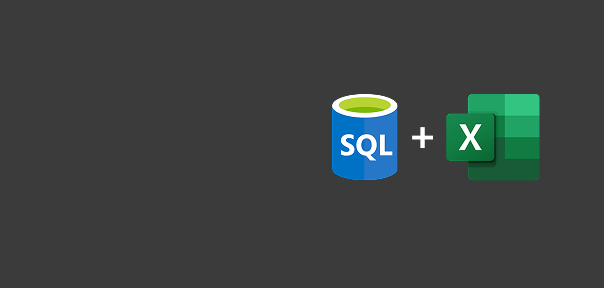
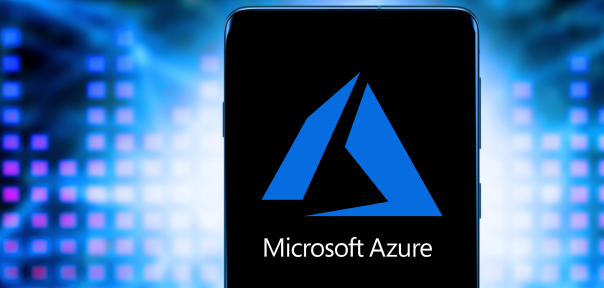


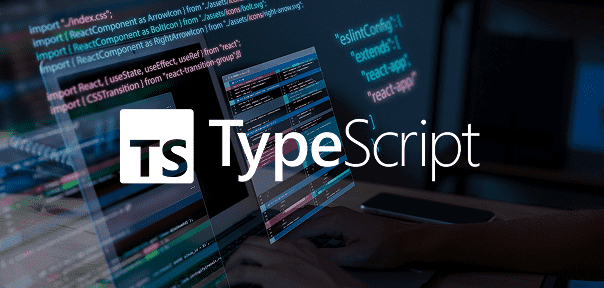



 (1).png)


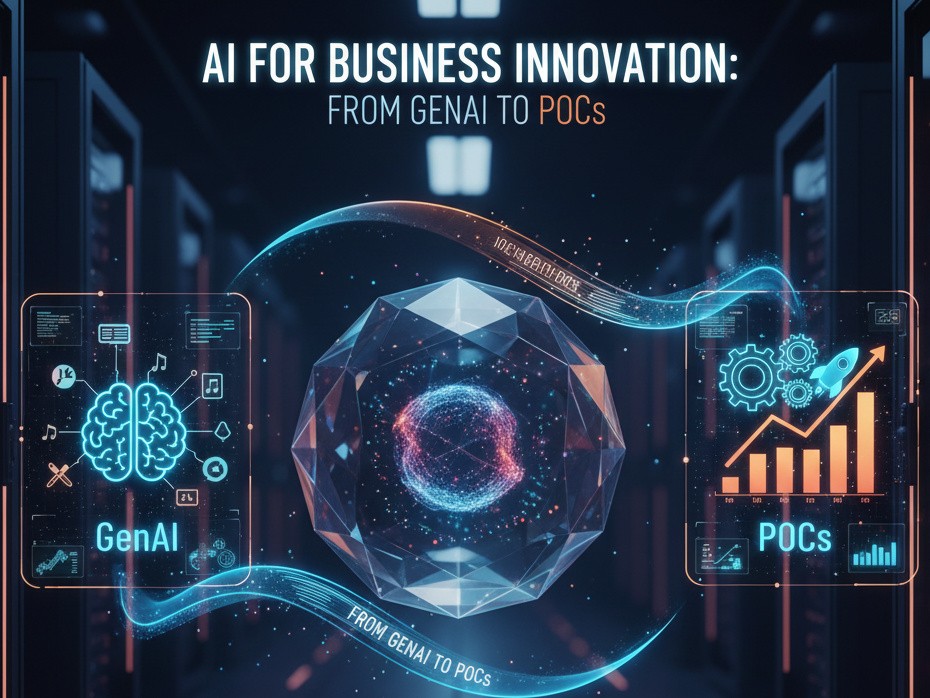


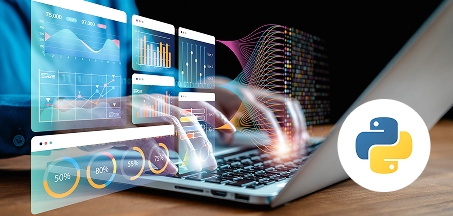
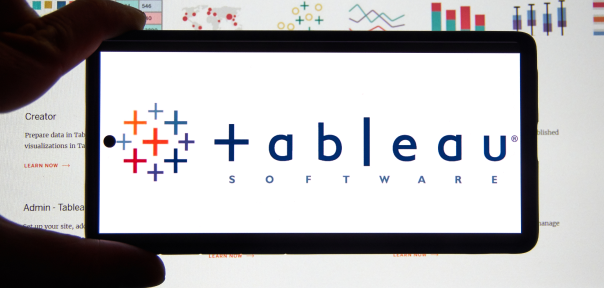

.png)

.png)

.png)
.png)
.png)
.png)
.png)
.png)
.png)


.png)
.png)
.png)
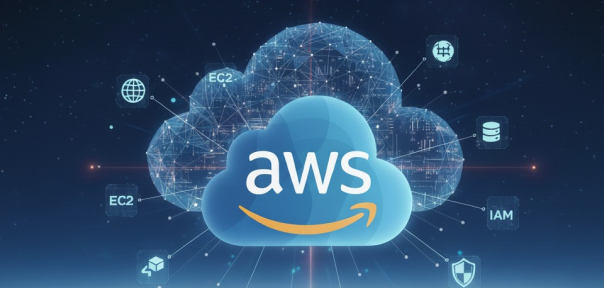
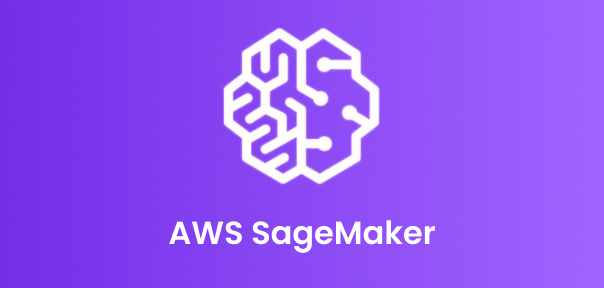


.png)
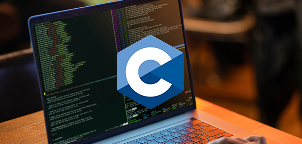

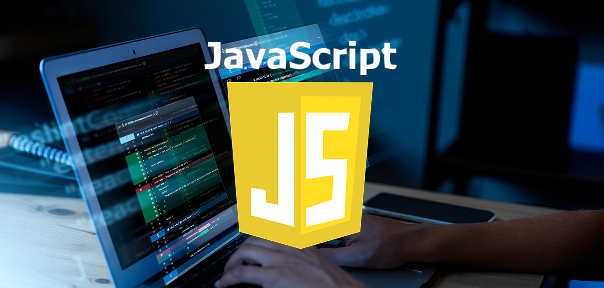
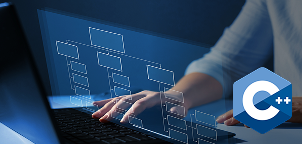
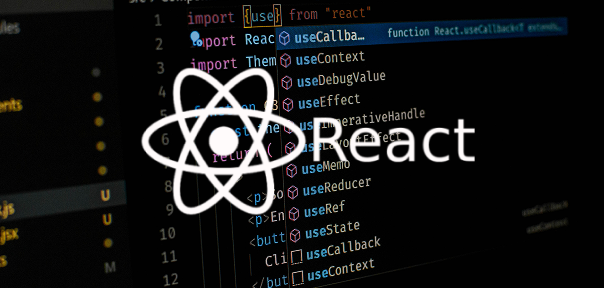
.png)
.png)
.png)


.jpg)
.png)
.png)

.png)
.jpg)

.jpg)
.jpg)
.jpeg)
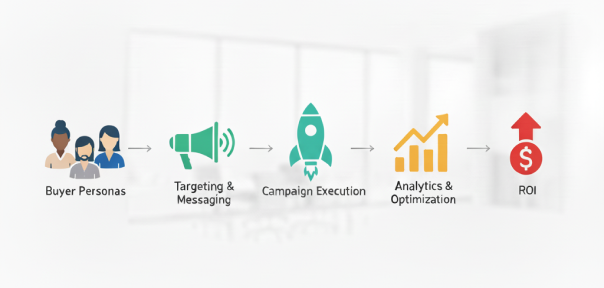
.jpg)
.jpg)
.png)
